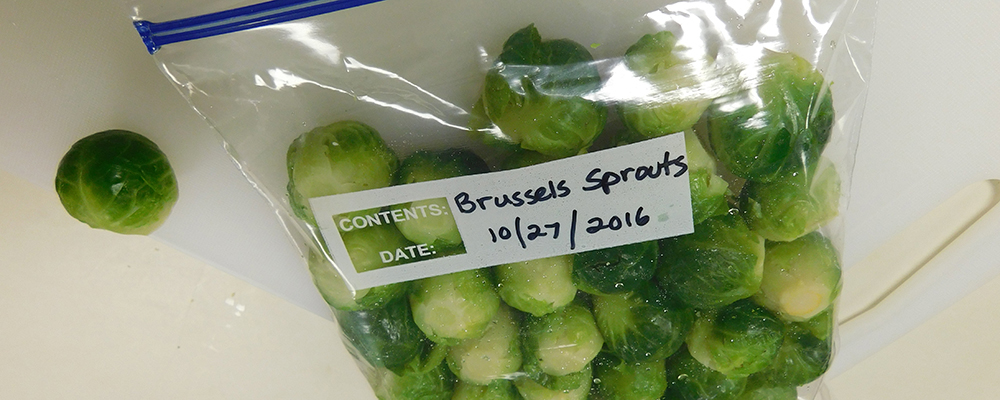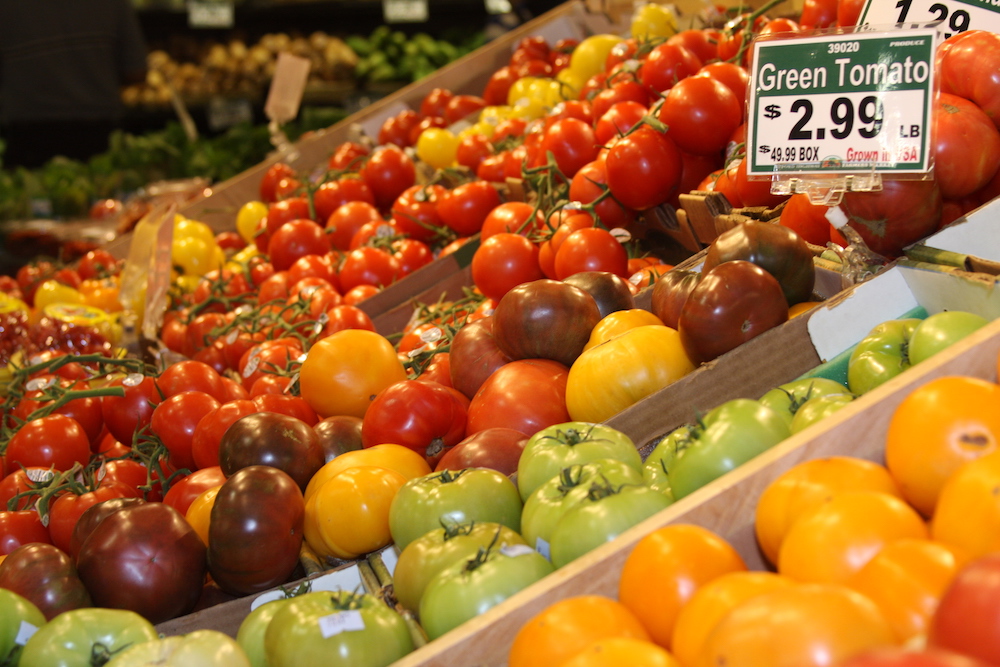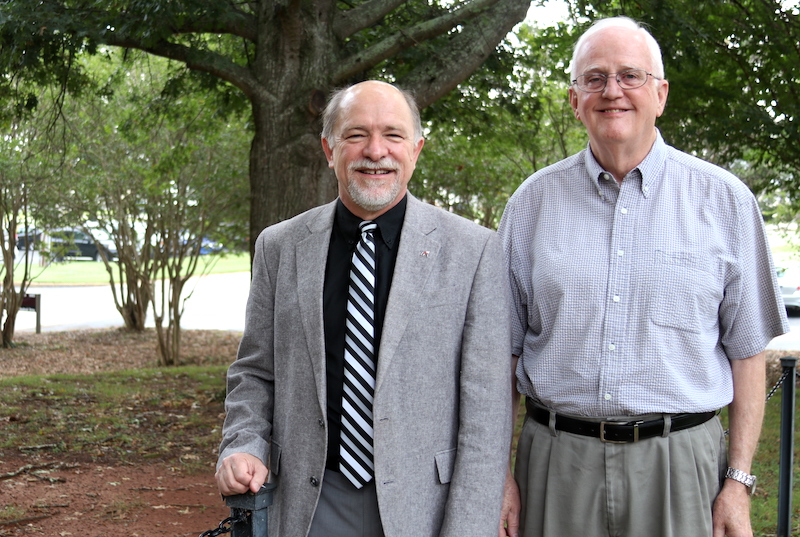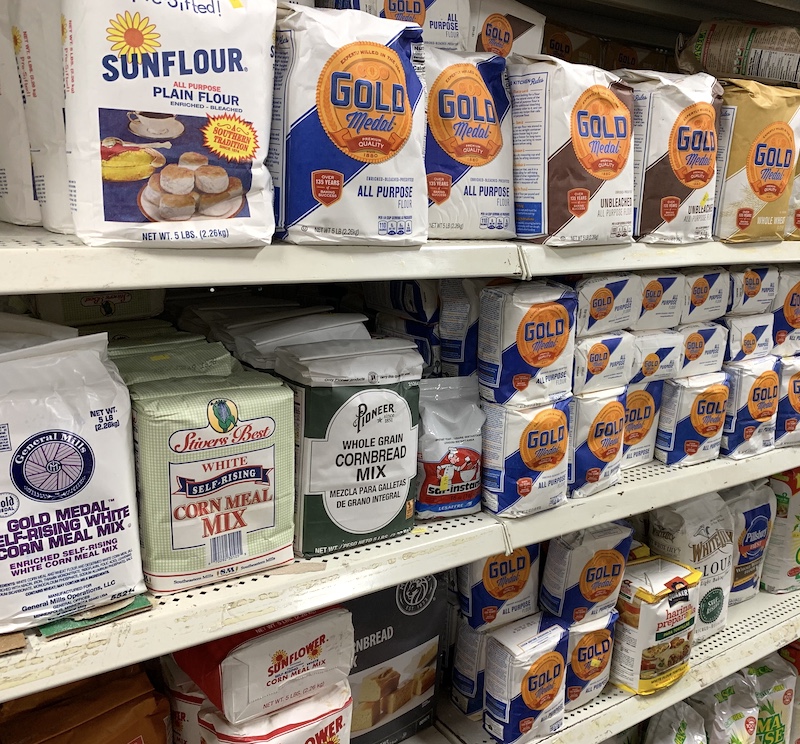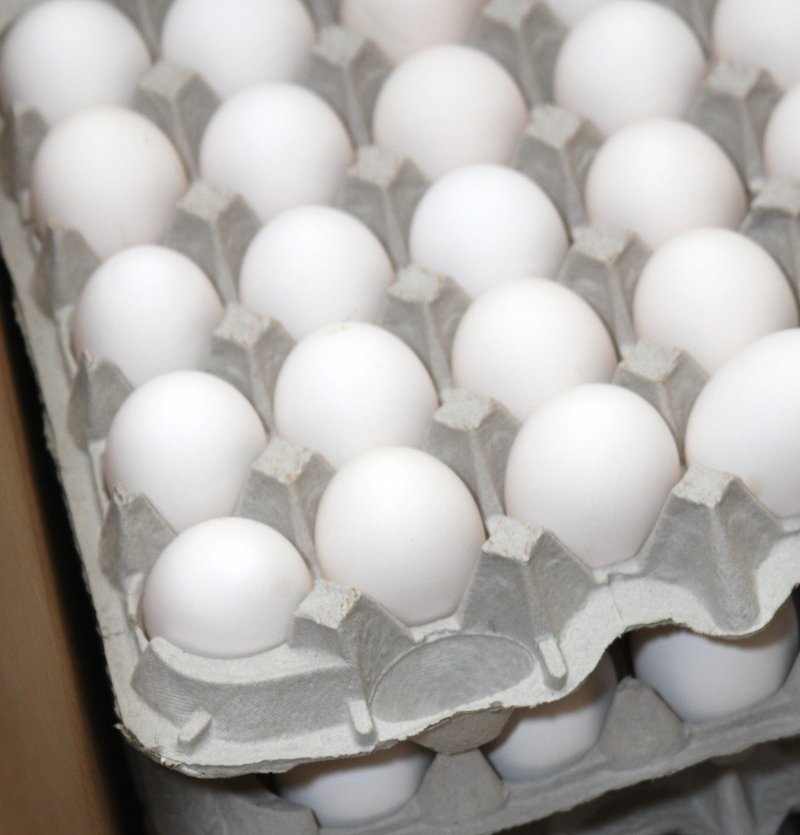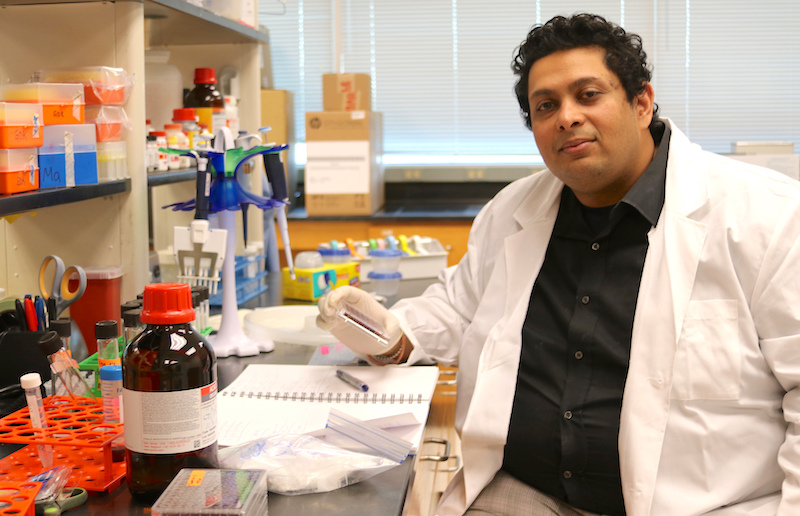 CAES News
CAES News
Summer food safety
Summer brings warm, sunny days and time outdoors, including grilling and eating outside. But just as we like the warmth and freedom of partying in the yard, so do bacteria that could make our food unsafe. They could turn a perfectly planned holiday cookout into a health concern, and even nightmare for some.

